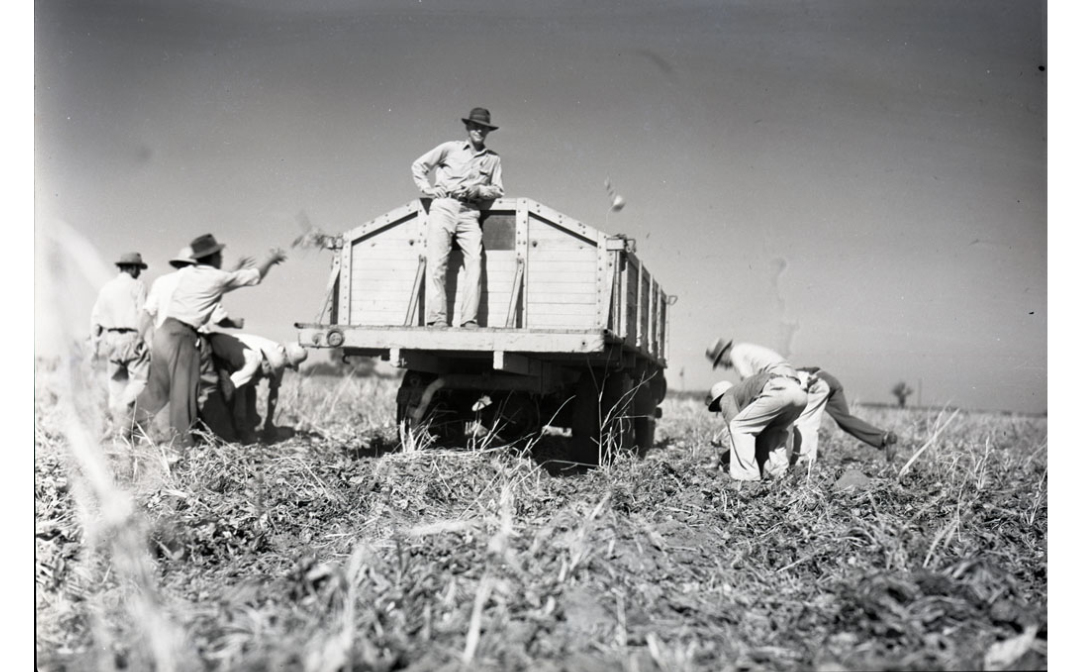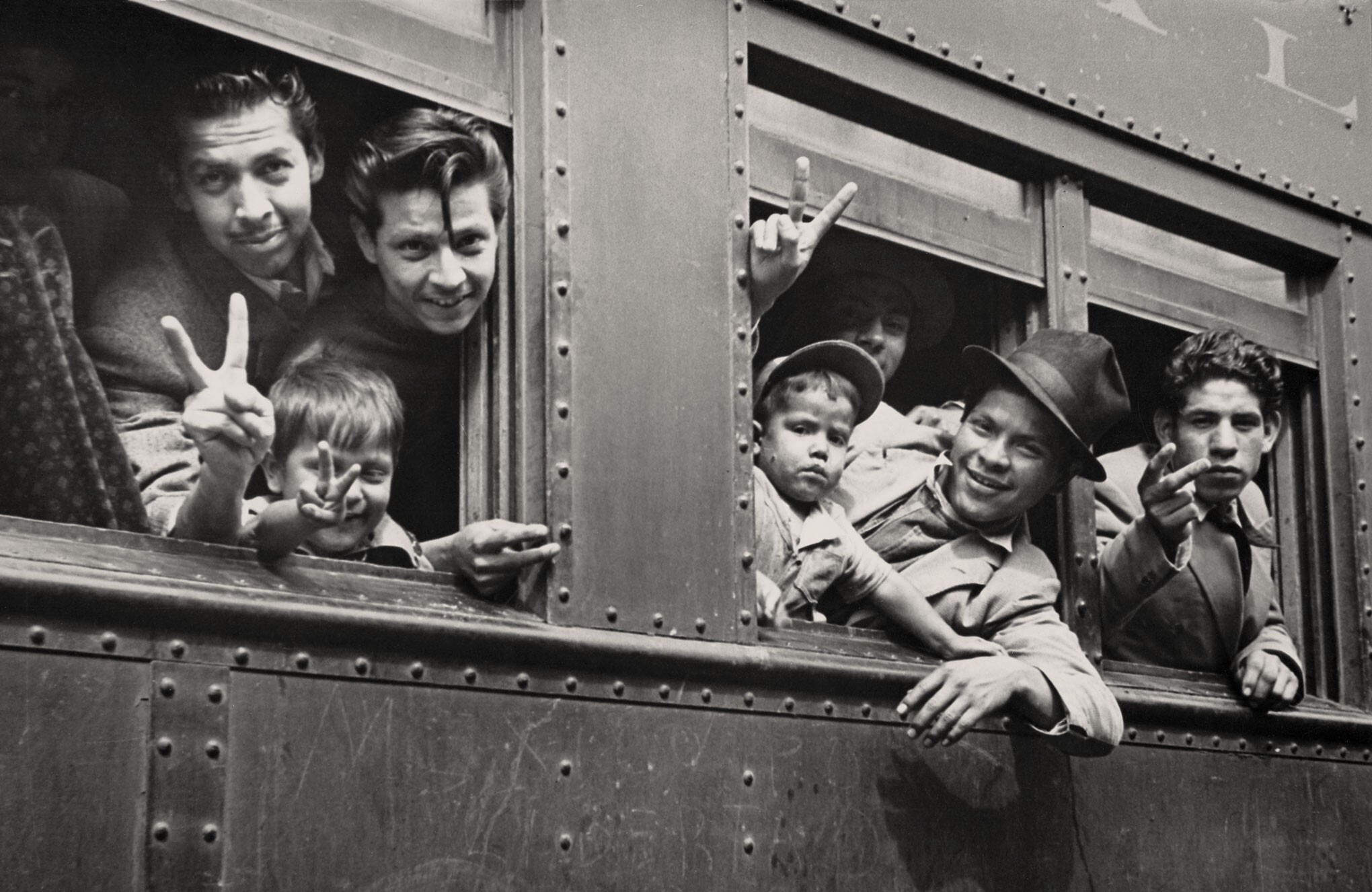Bracero Activists
The Bracero Program in California sparked activism from several key figures battling the exploitation of Mexican workers, with Ernesto Galarza and Henry Pope Anderson emerging as central voices due to their rigorous research and direct challenges to systemic abuses. Galarza, a dynamic labor organizer, historian, and author, meticulously documented and confronted the brutal conditions braceros endured, thrusting issues like the Chualar Tragedy—a deadly 1963 transportation accident—into the national spotlight to demand reform. Anderson, a dedicated activist, partnered closely with Galarza, diving deep into neglected areas like housing, medical screening, and transportation safety, exposing the pervasive negligence of both government and agribusiness. Their focus on evidence-based advocacy and institutional accountability set them apart from other influential figures, grounding their work in detailed investigations that amplified the call for change. Meanwhile, Cesar Chavez and Dolores Huerta later founded the United Farm Workers (UFW) in 1966, after the Bracero Program ended in 1964, building on the National Farm Workers Association (formed in 1962), which had limited overlap with braceros but laid the groundwork for broader farmworker rights. The UFW’s iconic efforts, like the Delano Grape Strike (1965-1970), pushed for better wages, conditions, and unionization, though their primary impact came post-Bracero, leaving Galarza and Anderson as the program’s most prominent contemporary critics.
Additionally, activists like Frank Bardacke provided critical insights into the labor movement, especially through his interviews and writings, which shed light on the broader implications of the Bracero Program. Historians such as Deborah Cohen, Mireya Loza, and Neil Foley have also contributed to the discourse by examining the racial, sexual, and political dimensions of Bracero activism. Their works have helped in understanding how these activists, including lesser-known figures like Robert Ames—who defended the bus driver in the Chualar case—engaged in legal battles and public advocacy to address the plight of Braceros. Jesse Esparza and Varden Fuller, through their research, have highlighted the survival strategies and storytelling of Braceros, further enriching the narrative on how activists not only fought for immediate reforms but also aimed to change cultural perceptions and legal frameworks to prevent future exploitation.

